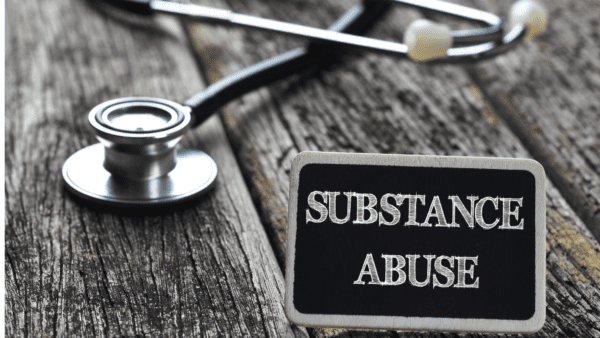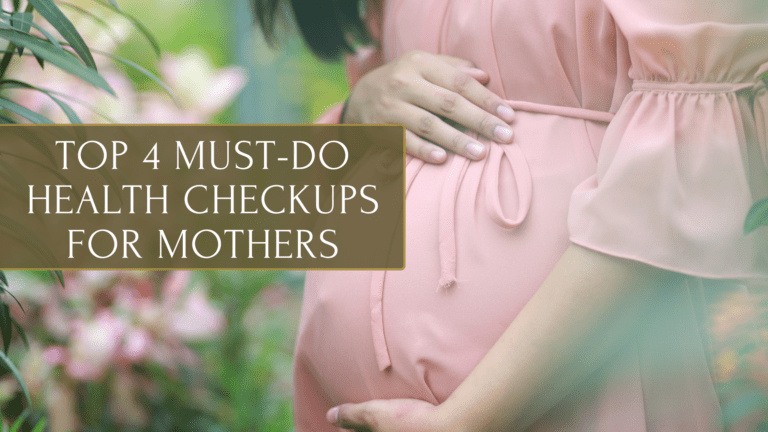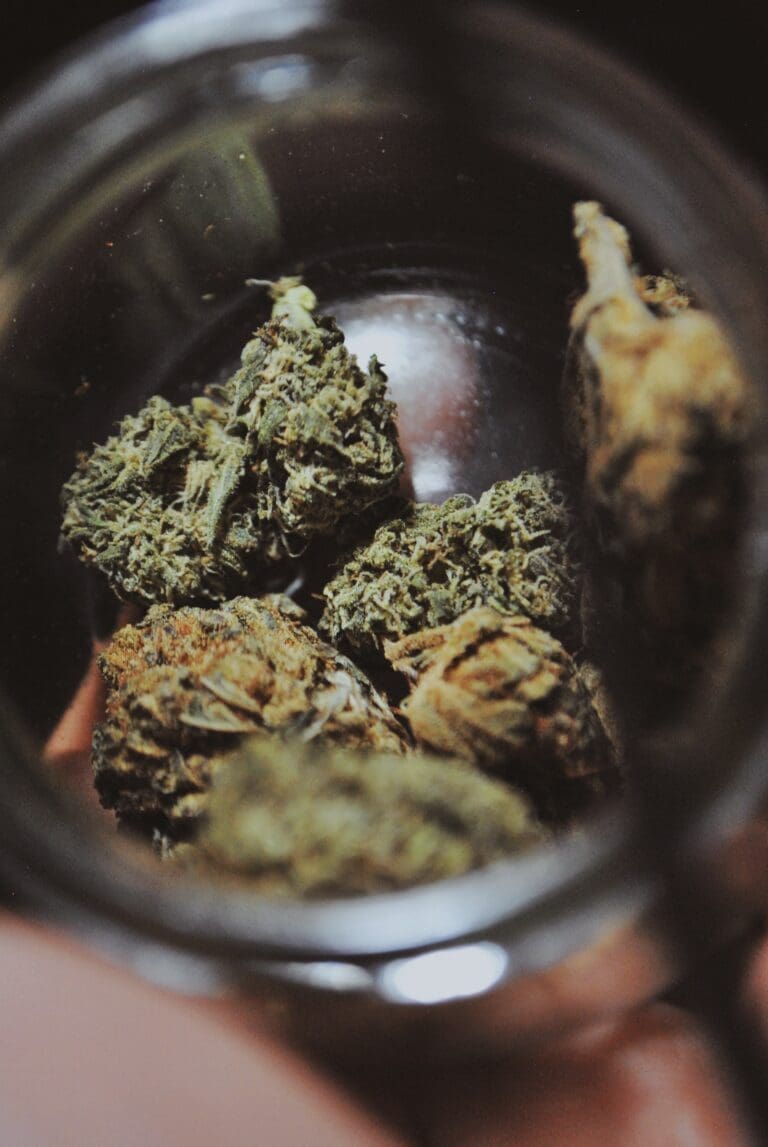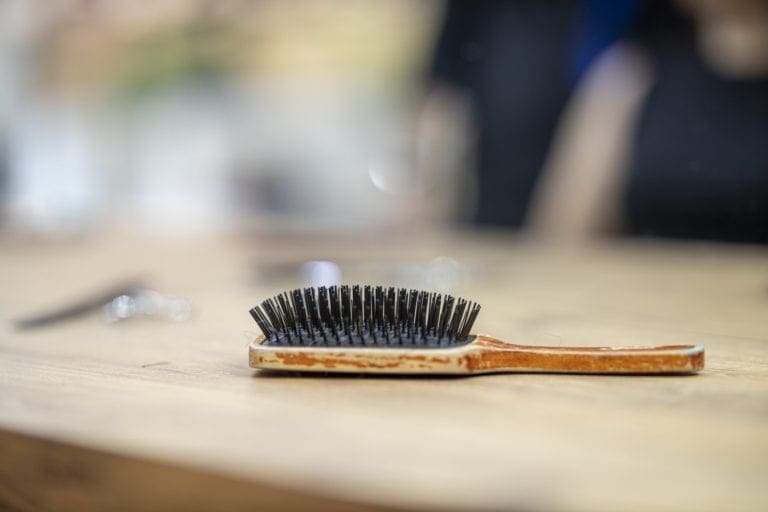The Importance of Educating Your Kids About Substance Abuse

As your kids grow older, there are many difficult conversations you must have with them. The most popular is the old “birds and the bees” talk about sex, which happens in phases but typically gets serious when the child starts to enter puberty. But there is another topic that is just as important and that has to do with drugs and substance abuse.
Around the same time your kids enter their adolescent phase and begin to think about sex, they will also encounter peer pressure to go to parties and experiment with alcohol and drugs. This is inevitable. The more you try to stop them, the more interested they will be in exploring this new taboo world.
The best you can do is to educate your kids. Instead of yelling at them and grounding them if you find out they tried marijuana, a much more useful approach is to make sure they know which substances can derail their lives and even kill them.
Prescription pills are a serious matter
In the old days, drug education centered around marijuana as a “gateway drug.” These days, many parents are far less concerned with marijuana, which is no longer illegal in most states. A much more serious matter is prescription pills, namely painkillers that contain opioids and benzodiazepines like Xanax.
These pills represent a major danger because they are relatively easy to get and circulate. Many kids find painkillers in their parents’ medicine cabinets that were prescribed for surgeries.
They may also find benzos prescribed for anxiety and not understand that there are different kinds and dosages. There are various types of Xanax out there and some are incredibly powerful. These benzos can be fatal, especially if they are combined with alcohol.
In addition to their potency, benzos and opioids are also very addictive and a user can develop dependency in only a matter of days. Kids need to know that they should never take a random pill from a friend because they have no idea how powerful it is or what the consequences could be. There are countless tragic cases of a child dying from a single dose.
Drinking and driving can ruin your life
The average teenager is going to try alcohol at some point between the ages of 14 and 18. But there is a big difference between having a beer at a friend’s house and driving around intoxicated. It can be the difference between life and death.
In your conversations with your kids, you need to stress the importance of being responsible. While you should make clear that you don’t endorse any substance use, you also need to be clear that if they are going to experiment, they need to be careful.
A drunk driving arrest can badly derail a teenager’s life and if someone is injured in a crash, they may live with the consequences for years. Or they may not live at all. Every year, thousands of people die in drunk driving accidents. Make sure your kids know that under no circumstances are they ever allowed to get behind the wheel after consuming alcohol, even if they only had a single sip.
The habits you form in your youth can haunt you later on
It’s often said that you should be careful of the habits you form in your youth as later on in life you may find yourself unable to shed them. This is usually difficult for kids to understand because they haven’t yet experienced the strange arc of growing into adults.
But it’s true. While plenty of teenagers experiment with drugs and alcohol and then develop into responsible adults with no substance abuse problems, there are many who struggle.
This is especially true of teens and young adults who have mental health problems. Conditions like depression, bipolar disorder, and PTSD cause many adolescents to turn to drugs to escape their pain and confusion. As time goes on and life continues to be difficult, these drugs become a convenient crutch. Eventually, they are part of one’s daily regiment and can be extremely difficult to kick.
Talk with your kids about their mental health and offer constructive ways of dealing with their emotions and problems. They will thank you later on.









